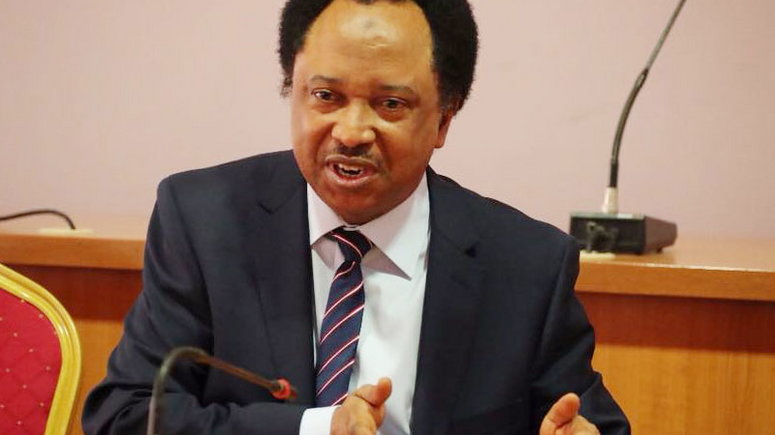A former Nigerian lawmaker has intensified calls for accountability among past regional leaders amid escalating debates over responsibility for systemic challenges in the country’s north. Shehu Sani, an ex-senator representing Kaduna Central and a vocal supporter of President Bola Tinubu, pushed back against recent criticism directed at the federal government, framing the region’s economic and social struggles as the result of decades of poor governance by Northern elites.
Tinubu, who assumed office in May 2023, has faced scrutiny from some Northern leaders over claims of inequitable political appointments and imbalanced infrastructure investments. Speaking at his residence in Kaduna during a Tuesday meeting with members of the Tijjaniyya Grassroots Mobilisation and Empowerment Initiative, Sani argued that the president should not be blamed for crises rooted in long-term mismanagement. “The North’s poverty, insecurity, and crumbling infrastructure stem from failed leadership by those who governed for decades,” he asserted.
Highlighting the eight-year tenure of former President Muhammadu Buhari — a Northerner who left office in 2023 — Sani noted that iconic regional industries like KTL, UNTL, and Arewa Textiles collapsed under previous administrations. “Our leaders prioritized personal enrichment over public welfare, abandoning critical sectors,” he said. He dismissed recent accusations against Tinubu as “deceptive,” emphasizing that systemic issues in education, healthcare, and security had festered long before the current administration.
“To claim these problems began two years ago is dishonest,” Sani challenged critics. “When did Northern hospitals, roads, and security networks start failing? Not in the past 24 months. Those who had power for years must answer for their inaction.” He warned against returning former leaders to office, stating, “If they couldn’t solve these issues before, they won’t do so now.”
Amid the critique, Sani praised grassroots organizations like Tijjaniyya for addressing gaps left by policymakers. The group, which focuses on vocational training for women and youth, was lauded as a model for fostering economic resilience and social cohesion. “Empowering citizens to sustain themselves is vital to reducing poverty and conflict,” he said.
The remarks come as Nigeria’s northern states grapple with widespread insecurity, including banditry and communal clashes, alongside economic stagnation. Analysts note that debates over resource allocation and regional equity have dominated national discourse since Tinubu’s reforms, such as fuel subsidy removal, exacerbated inflation. Sani’s defense reflects broader tensions within Nigerian politics, where historical grievances often intersect with contemporary governance challenges.
While Tinubu’s administration has pledged inclusive development, critics argue tangible progress remains slow. Sani’s intervention underscores the complex task of addressing deeply entrenched issues while navigating public expectations in a region home to over half of Nigeria’s population living in extreme poverty.
